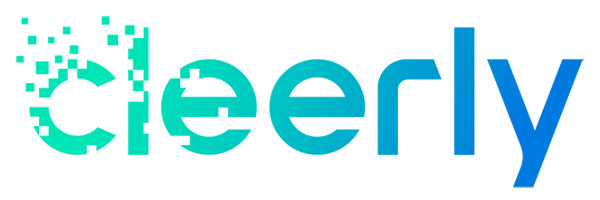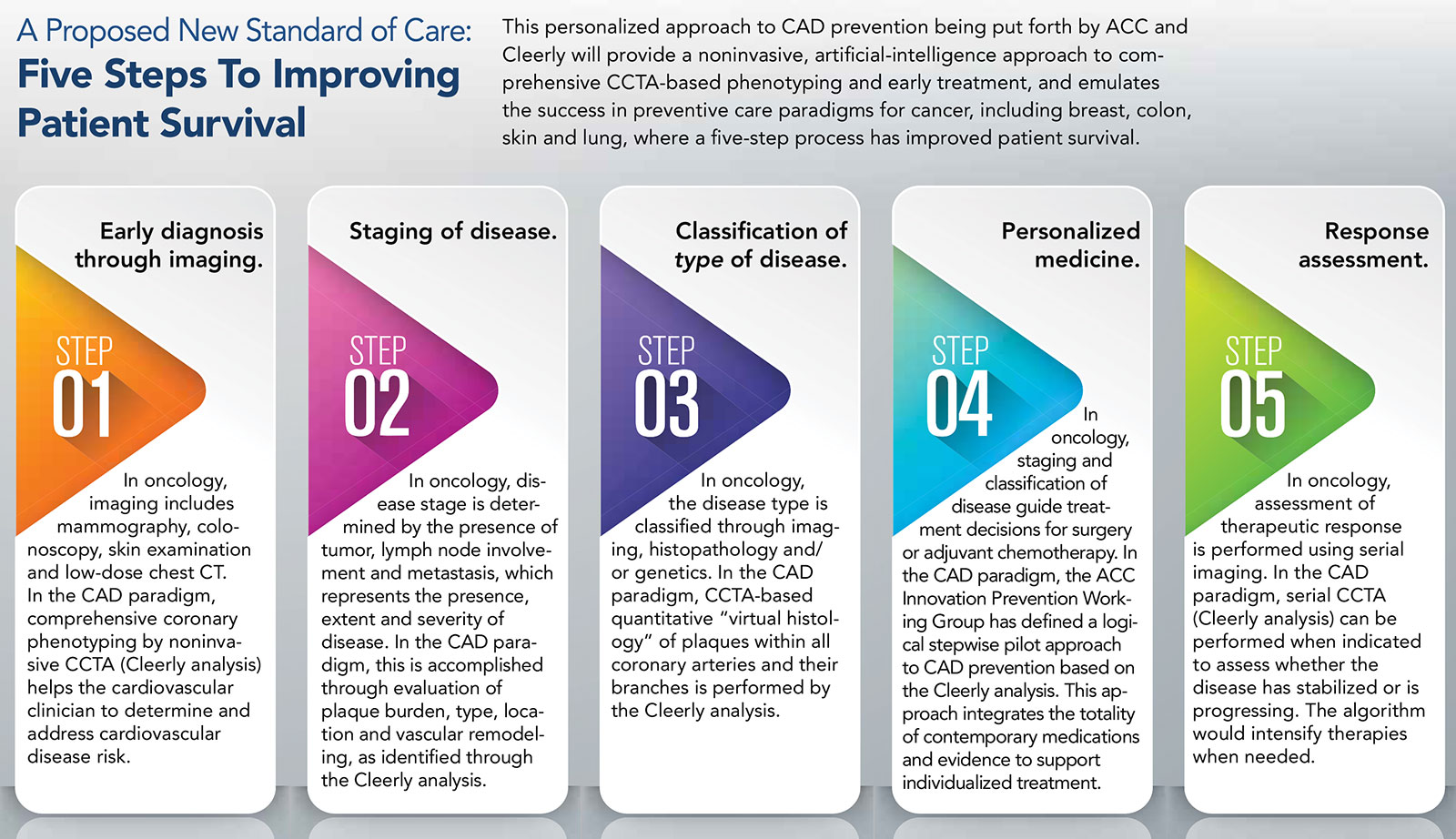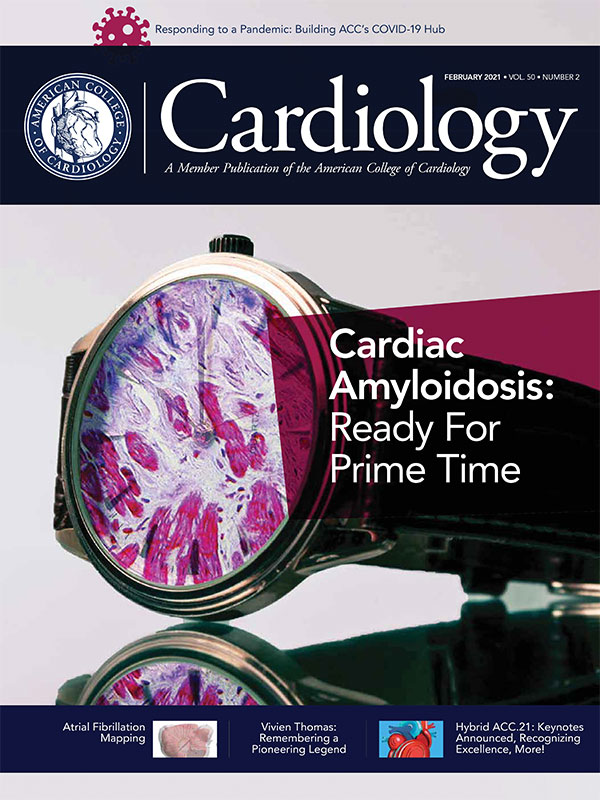Innovation at ACC | A Digital Care Pathway to Prevent Heart Attacks
When it comes to managing and treating myocardial infarction (MI), the lack of a true picture of a patient's risk often means patients aren't getting the most appropriate care at the right time, whether it's prescribing the correct statin dose or not adding other drugs known to reduce the risk of coronary artery disease (CAD), such as PCSK9 inhibitors, bempedoic acid, icosapent ethyl, inclisiran, low-dose rivaroxaban and aspirin, colchicine, GLP1 receptor agonists and SGLT2 inhibitors.
Looking For More?
Cleerly is one of more than a dozen tech collaborators that the ACC is working with as part of its overarching health care innovation strategy. The College does not have a financial relationship with Cleerly. Click here to learn more about all of ACC's tech and strategic innovation collaborators.

New technologies on the horizon show promise in being able to identify MI risk and provide a powerful assist in getting more of the right preventive care to the right patient sooner. To that end, the ACC is collaborating with Cleerly, a New York City-based startup, to integrate their state-of-the-art deep machine learning framework involving an image-based care paradigm into CAD prevention programs to leverage the insights from coronary computed tomographic angiography (CCTA) on atherosclerotic burden, type and progression into actionable knowledge to guide therapy and improve outcomes.
Specifically, the collaboration would marry Cleerly's image-based paradigm, which goes beyond the detailed coronary anatomical view obtained by CCTA to provide a more powerful means of assessing MI risk by looking at the measured burden and type of atherosclerotic disease, with disease-based algorithms developed by the ACC's Innovation Prevention Working Group, led by Andrew M. Freeman, MD, FACC, for patients with lipid disorders, diabetes, hypertension, obesity and tobacco use. Taken together, the intensity of initial medical therapy would be linked to underlying coronary atherosclerosis burden identified on the Cleerly scan and further guide intensification of medical therapy based on disease progression or stabilization as determined through serial CCTA.

Clinical Topics: Dyslipidemia, Invasive Cardiovascular Angiography and Intervention, Noninvasive Imaging, Prevention, Atherosclerotic Disease (CAD/PAD), Lipid Metabolism, Nonstatins, Novel Agents, Statins, Interventions and Coronary Artery Disease, Interventions and Imaging, Angiography, Computed Tomography, Nuclear Imaging, Hypertension
Keywords: ACC Publications, Cardiology Magazine, Coronary Artery Disease, Hydroxymethylglutaryl-CoA Reductase Inhibitors, Sodium-Glucose Transporter 2, PCSK9 protein, human, Proprotein Convertase 9, Artificial Intelligence, Aspirin, Colchicine, Cardiovascular Diseases, Tomography, X-Ray Computed, Myocardial Infarction, Angiography, Disease Progression, Mammography, Hypertension, Pharmaceutical Preparations, Early Diagnosis, Colonoscopy, Delivery of Health Care, Tobacco Use, Chemotherapy, Adjuvant, Severity of Illness Index, Lymph Nodes, Diabetes Mellitus, Breast Neoplasms, Innovation
< Back to Listings


